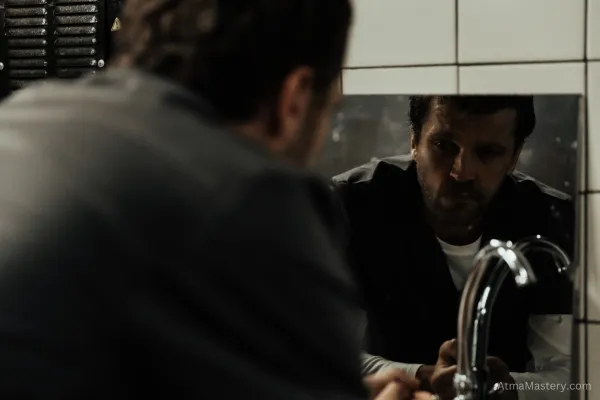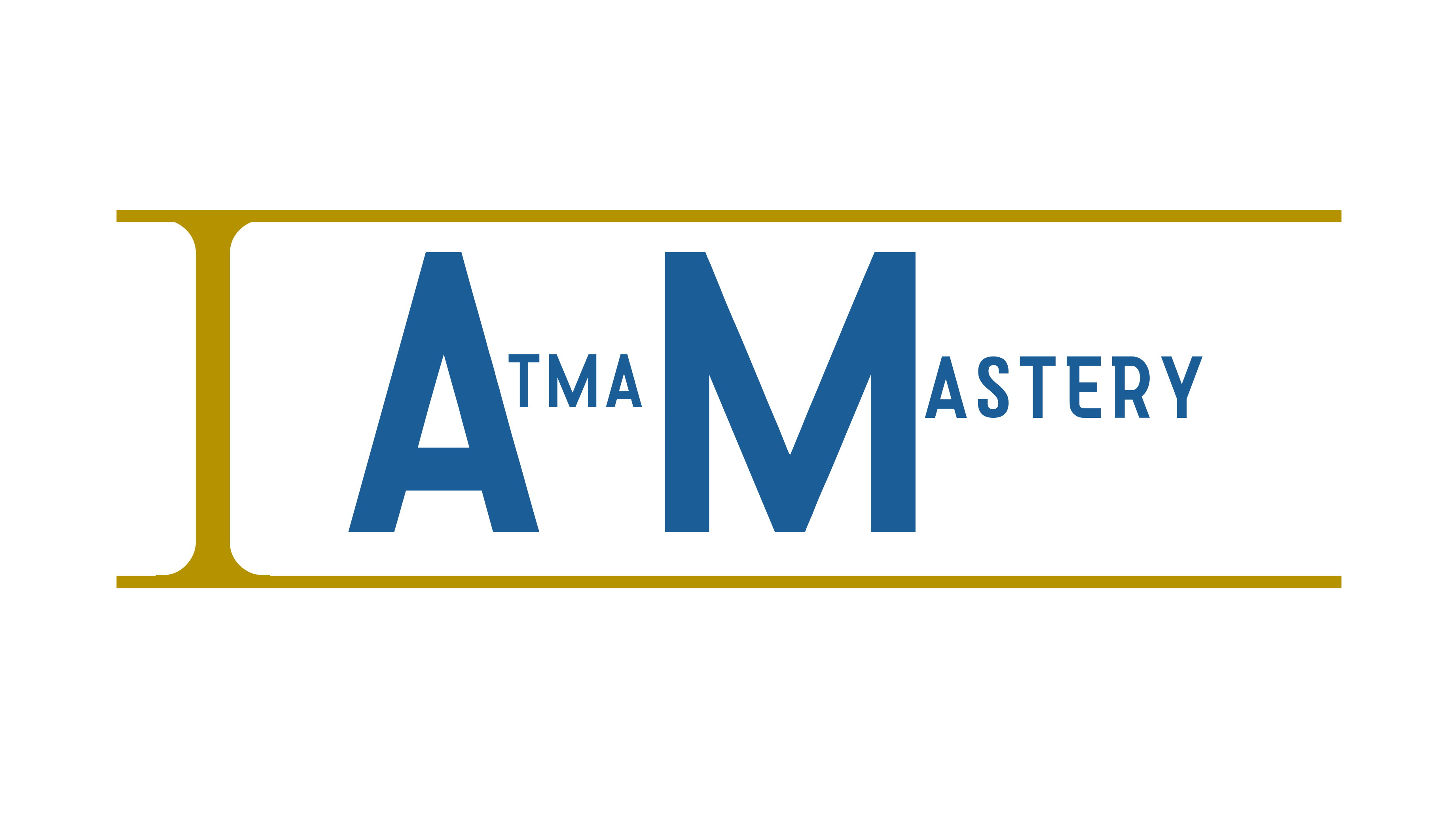Atma Mastery
This blog focuses on all things Atma Mastery with regular tools, and resources for embodying your Warrior, Lover, Alchemist, and Atma.
As well as a more in-depth look at what each one represents.

How to Change Your Relationship with Fear and Find Inner Freedom
“Our relationship to fear is one of the biggest ways we hold ourselves back, and one of the most important things to master.”
Fear is a natural part of life. It often arises from our past experiences, influencing our thoughts and actions, and holding us back from living fully in the present moment. But what if you could transform your relationship with fear? What if, instead of being consumed by it, you could learn to coexist with it and ultimately free yourself from its grip?
Changing Your Relationship with Fear

Fear can feel like an overwhelming force, but at its core, it’s often tied to past experiences that we don’t want to repeat. As Gay Hendricks puts it, we’re not scared of the unknown—we’re scared that the bad things from our past will happen again. Recognizing this can be the first step toward changing how we relate to fear.
Imagine your fear as an imaginary friend, much like the protagonist in A Beautiful Mind learns to handle his delusions. The key isn’t to fight or suppress these fears but to acknowledge their presence and redirect your focus. By refusing to feed fear with attention and energy, you strip it of its power.
The Power of Presence
When fear arises, it’s often accompanied by a whirlwind of thoughts. These thoughts can spiral into emotions that feel all-consuming. But there’s a simple truth: wherever your attention goes, energy flows. If you feed the fear with your focus, it grows. If you redirect your focus to the present moment, the fear diminishes.
Michael Singer’s work emphasizes developing the capacity to sit with any intensity of feeling without rushing to the safety of your mind. Instead of allowing fear to create a cascade of thoughts and emotions, practice being present with the sensation. Breathe through it, feel it in your body, and allow it to pass without judgment. Over time, this practice builds resilience and freedom.
Daily Practices for Overcoming Fear

Transforming your relationship with fear requires discipline and consistent effort. Here are some daily practices to support this journey:
Meditation: Train your mind to stay present and observe your thoughts without judgment.
Breathwork: Fear is excitement without breath. Deep, conscious breathing helps you stay grounded.
Mindful Awareness: When fear arises, acknowledge it without feeding it. Redirect your focus to your breath, body, or a calming mantra.
Introspection: Reflect on the root of your fears and how past experiences influence your reactions.
Embody Your Higher Self: Commit to practices that align you with your higher self, such as journaling, exercise, or spending time in nature.
Clearing Samskaras
Samskaras, or mental and emotional imprints, are the driving force behind many of our fears and reactions. According to Michael Singer, clearing samskaras is the most important work you can do in life. It’s a process of allowing old wounds and patterns to arise, being present with them, and letting them dissolve naturally. This work liberates you from the past and aligns you with your pure, authentic essence.
The Path to Freedom
Mastering fear isn’t about eradicating it completely. It’s about changing how you respond to it. Instead of letting fear dictate your actions or spiral into a black hole of thoughts and emotions, you learn to coexist with it. By redirecting your focus and embodying your higher self, you create a life of peace, freedom, and alignment.
Fear no longer has to be the enemy. It can become a teacher, a guide, and a catalyst for growth. When you change your relationship with fear, you unlock the door to your highest potential and a life filled with presence, purpose, and inner peace.
The journey to mastering fear requires courage, discipline, and a commitment to presence. But as you learn to transmute fear into freedom, you’ll discover a deeper connection with yourself and the world around you. Every step you take in this process brings you closer to living as your most authentic, divine self.




